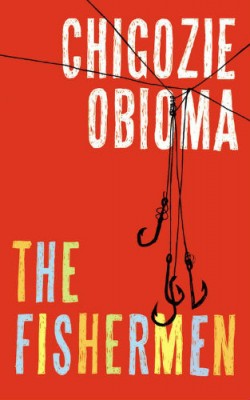In 1980s Nigeria, a young married woman, Yejide, tries and fails to become pregnant. It’s a time of political upheaval: over the course of the novel, several coups take place. It’s also a time during which modern (Western) medical practice enjoys an ongoing conflict with traditional remedies, as well as pseudo- or quasi-Christian practices in Southern Nigeria, where the novel takes place. The protagonist’s mother-in-law sends her to a “prophet” in an attempt to remedy her apparent infertility; when she eventually conceives and gives birth, only to have the child die in infancy, the mother-in-law openly suspects it of being abiku, an evil spirit.
Continue reading Stay With Me
This book has two inspirations. In 1979, Blair Peach, a teacher from New Zealand, was killed by English police while protesting against a neo-fascist movement. In 2012, in Delhi, Jyoti Singh (known as Nirbhaya) was gang raped and murdered, and thrown from a bus. Drawing in part on these two deaths, and in part on her experience as the child of Indian immigrants and as a woman with brown skin, Bhanu Kapil conceived the character of Ban, a young brown girl, who hears the beginnings of a race riot, lies down on the side of a road, and gradually dissolves into her environment.
Continue reading Ban en Banlieue
In the first story of this collection, the narrator/author’s grandmother (Abuelita), an artist, has her young granddaughters pose for her. In order to keep them from fidgeting, as she paints, she tells them increasingly gruesome Mexican fairytales; appalled and fascinated, they beg for more.
Continue reading Painting Their Portraits in Winter
Four young Nigerian brothers, returning from a fishing trip to a forbidden river, encounter a madman, who prophesies that one of them will be murderer, and one of them, victim.
So far, so Sophoclean. In fact, this novel overall is structured not unlike a Classical tragedy. The first few chapters are a bit slow and expository, but once things get going, the prophecy takes on its own life within the family, and each member in turn becomes its victim in his or her own way. There’s an inexorable quality to the plot as it develops, so that the several missed opportunities to avoid disaster (which are perhaps more in the vein of Shakespearean than Greek tragedy) seem both necessary and impossible.
Continue reading The Fishermen



